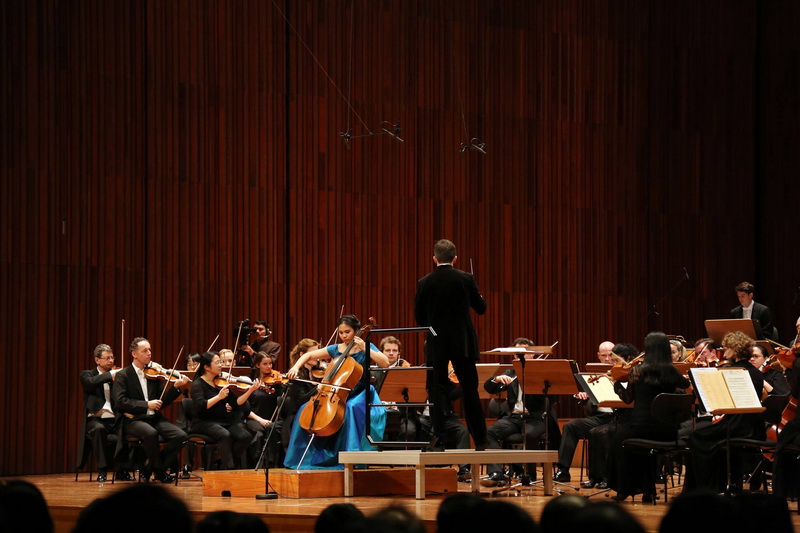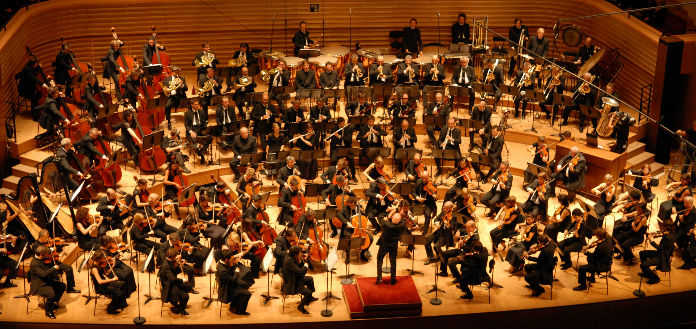Hi Bob,
Ampex was founded in 1948. My Ampex 350's were built in May,1952 and those were a stereo pair. The best early recording I have is "I can't get started with you" on the "Chinatown" movie soundtrack. I think until modern magnetic tape recorders were used the recordings were just not up to the quality of the early 1950's.
Hi Roger,
After checking the date for that recording, from 1939, I thought that was the main reason the sound quality is not there on this particular recording.
The album itself is highly recommended for the music though. In the 50's yes, there are some quality sounding music recordings, from the better record labels and better sound recording engineers.
Normally audiophiles are into those, Jazz music of the 50s. With Classical music it's the same, but perhaps a little tougher. And old Blues music, Robert Johnson, ... the recordings are fantastic for the music, but the quality sound is ... very "noisy", evidently. Those are for the historical value.
Music has many facades viewed from that perspective in time...20s, 30s, 40s, 50s, etc.
The quality sound of today is from the recordings. The gear is very secondary because we'll get excellent sound from quality sound music recordings from very humble setups and gear made recently.
The emotional level from two systems is not a simple thing to measure, it's a subjective thing that dances around one percent...more or less.
Here @ high evaluation and assessment WBF, we go deep in the things that matter; everything.
One thread's subject of interest and we'll get everything out of it, or very almost.
The audio gear of today's is not to blame for poor sound quality, it's the gear used to record the music, and 80 years ago, or so, the mics and tape recorders were not as developed as they were few years later. So you are very right.
The music value is not only in sound quality, but historical value and performance from the artists of the time. Emotions don't come from quality sound, they come from soul's intensity...music that vibes our internal chords. It's a mix of many things, of everything.
One of our highly regarded forum members here said something many times over the years:
"Everything is important." I really like that, it's true.
I don't have to say his name; it's like water from the faucet we use almost every day.
In the balance of everything the search for the music we love is like the discovery for the people worth loving; our families, children, elders, friends.
The other stuff, less important stuff/music, like ***** and ***** it's for other genres. And when we talk about music genres, we know how many there are and how many people live on this sphere called planet Earth...7.5 billion people globally.
Some music genres are getting much better attention on quality sound than others, and the best studio and live music record engineers are not all the same.
The performance, to me, is 90%+ of the overall impact. And performance (real talent) comes from experience and love interaction between the performers and their audiences.
Some of us spent over one million dollars on music software alone, over the years. Some people spent even more, few millions.
Some of us spent hundreds of thousands on gear alone, over the years. Others have spent much much more than that, bew billions. ;-)
The real value is in the music recordings of course, because not only it get remastered and we can throw away our old ones in the trash, but also in our own evolution...us the listeners, much more than the ultra high end gear, in my ultimate opinion. And the audio gear gets thrown away too. My experience here is extremely limited, so I am speaking very subjectively here and from a "dreamscape" vision...way of speech. But I still value my opinion, as a valid idea for an advanced discussion with others. All scientists are theorists. Everything counts, everything is worth listening to that has a message of value. Music is a message, words, chords, rhythms, the gear is just a mean. We don't even need any gear for acoustic music sounds. And we only use the first important watt more than all the rest following. A thousand watts mono amp is there for classical dynamics embedded in the recordings. We don't want to miss a thing, we want everything, we want to make sure of that, the assurance, the security, the confirmation, the secret vault.
So yes, it's fair to blame the bad sounding music recordings, and not the technologically advanced and improved audio gear, including the DACs, the speakers and the cables.













